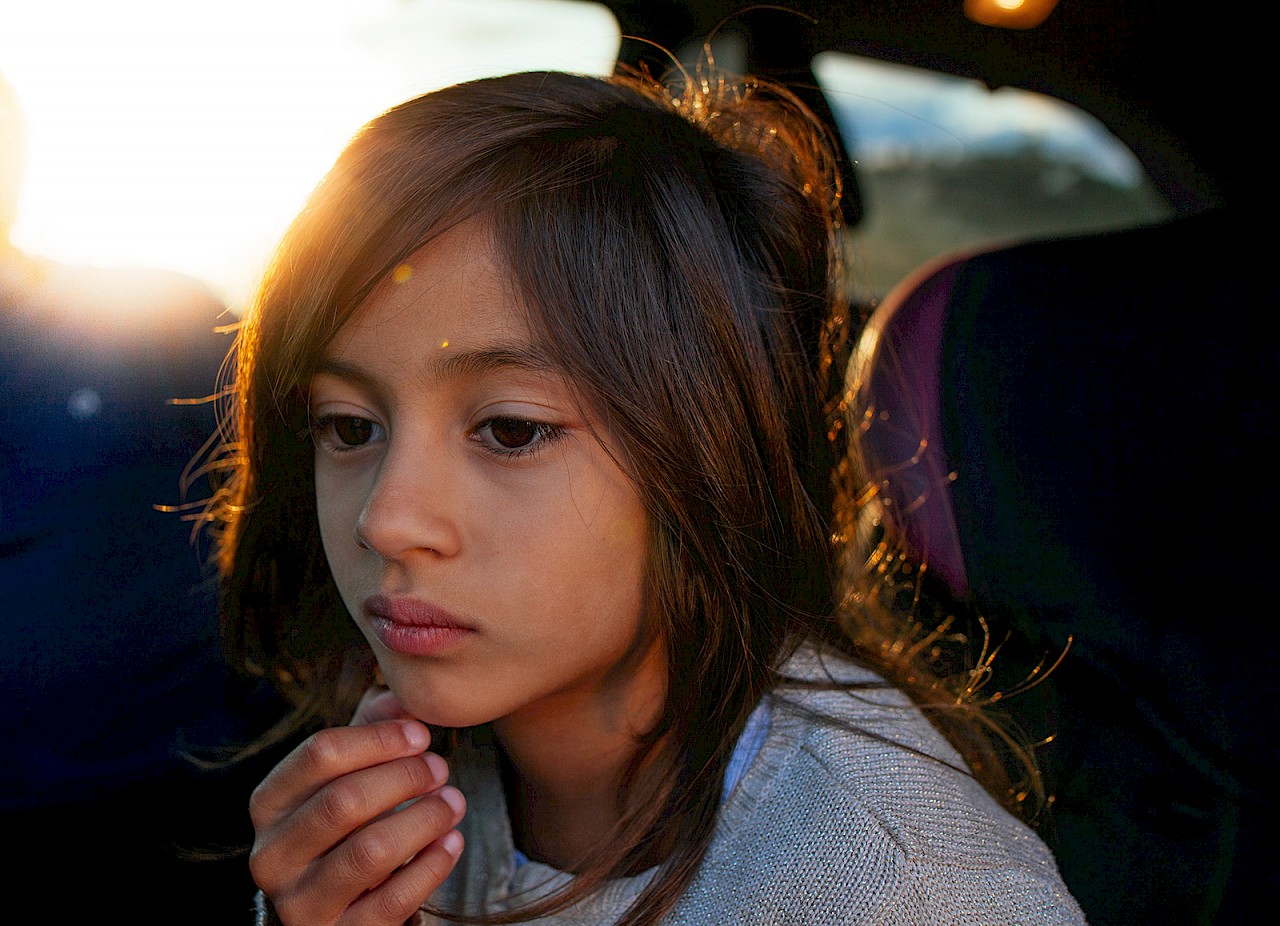June 2019
Raising children is not easy these days. Between the normal growing pains that come with each age and stage and the added stress caused by social media, school shootings and families struggling to stay above the poverty line, it’s no wonder that children are showing increased signs of depression and anxiety. The question is: would you recognize the signs in your child?
The Anxiety and Depression Association of America lists the following symptoms for childhood anxiety and depression.
- Depressed or irritable mood
- Difficulty sleeping or concentrating
- Change in grades, getting into trouble at school, or refusing to go to school
- Change in eating habits
- Feeling angry or irritable
- Mood swings
- Feeling worthless or restless
- Frequent sadness or crying
- Withdrawing from friends and activities
- Loss of energy
- Low self-esteem
- Thoughts of death or suicide
We all want to believe our children are doing fine, and most of them are, but sometimes their behavior is a cry for help. If your child demonstrates any of the symptoms above for more than a couple weeks, consider seeking treatment.
As parents, you can help your child make sense of their environment; you can often ease their fears and provide perspective. You can listen to them without interruption and validate their feelings. You can minimize the constant digital interruptions with clear and consistent limits on phone use and screen time (turn off notifications, no cell phones at the dinner table or in the bedroom). You can shield your young children from adult worries (don’t share financial hardship or relationship stress). Still, parenting is hard work. There are a million books on how to survive the teen years, for example, but relating to the adolescent in your household may still feel like navigating an emotional minefield.
Working with a counselor can provide you with the skills you need to help your child thrive. You can learn how to help them calm themselves and stay grounded when anxiety threatens to overwhelm them. You can learn how to set age-appropriate boundaries, helping them gain independence while remaining safe. You can learn to reinforce positive behaviors rather than only punishing bad ones. You can learn how to help your children express themselves, providing them with the vocabulary and emotional safety to share their thoughts with you, so you can understand the problem and begin to address it.
Children face all sorts of stressors and even emotional trauma. As parents, we want to protect them and prevent their pain, but we also need to give them tools to manage it. Here are a couple exercises to help students deal with anxiety.
Anxiety can feel like a never-ending loop of fear or worry about the past or the future. To counteract this feeling, I help young patients learn to focus on the here and now. We often start with breathing exercises. I tell them, “Imagine smelling a flower as you breathe in slowly through your nose and picture your belly filling up like a balloon as you inhale. Then, exhale slowly as though you’re blowing through a straw. Slower. Even slower.” Then we repeat. Once they’ve taken some deep breaths, I ask them to identify three colors in the room. I ask them what else they see. Then I ask them what they hear. We slowly bring the attention back to the present, bring them out of their whirring minds back into their bodies. Sometimes patients find it helpful to move, but students who sit in a classroom all day don’t always have that luxury, so I tell them to breathe, put their feet on the ground, and squeeze their hands together. Focus on colors, smells, sounds.
At MCHC Health Centers, we typically work with young patients who have mild to moderate mental health challenges. If patients need higher-level care, we refer them to qualified providers at Redwood Community Services, Tapestry Family Services, Mendocino County Youth Project, and Mendocino County Health and Human Services where patients can receive intensive case management, home visits and family therapy to address more severe mental illness.
Grace Ivey is a Licensed Clinical Social Worker at MCHC Health Centers—a local, non-profit, federally qualified health center offering medical, dental and behavioral health care to people in Lake and Mendocino Counties.

 MyChart Login
MyChart Login

